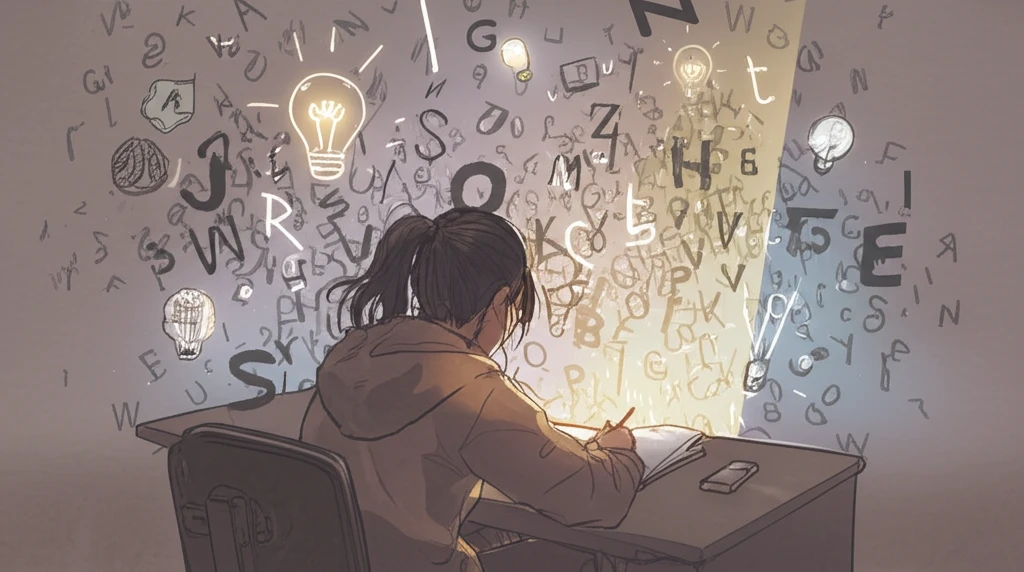
Unlock Your Writing Potential: Proven Techniques for Junior Secondary Students
"Transform your approach to teaching composition and empower students with effective writing skills."
In today's globalized world, effective communication skills are more critical than ever. For junior secondary students, mastering composition writing is a foundational step towards academic success and future opportunities. However, many teachers face the challenge of students struggling with basic writing skills, hindering their ability to express themselves clearly and confidently.
Traditional approaches to writing instruction often fall short, leaving students feeling uninspired and ill-equipped. A shift towards more engaging and effective methodologies is essential to unlock their writing potential. This article delves into the common pitfalls of current teaching practices and offers practical, research-backed strategies to transform the way composition is taught and learned.
Based on extensive research and classroom observations, this guide provides actionable insights and techniques to empower both teachers and students. By embracing a more holistic and process-oriented approach, we can cultivate a love for writing and equip students with the skills they need to succeed in an increasingly competitive world.
Why Are Students Struggling? Unveiling the Challenges in Composition Writing

Research indicates that a significant number of junior secondary students struggle with composition writing due to several interconnected factors. One primary issue is the over-reliance on product-oriented approaches, where the focus is solely on the final written piece without adequately addressing the writing process itself. This often leads to students feeling overwhelmed and unable to produce meaningful content.
- Lack of Vocabulary and Ideas: Students often struggle to generate ideas and express them effectively due to limited vocabulary and exposure to diverse topics.
- Poor Organization Skills: Many students find it challenging to structure their thoughts logically and create well-organized compositions.
- Negative Perceptions of Writing: Students may develop a negative attitude towards writing due to past experiences and a lack of confidence in their abilities.
- Inadequate Writing Practice: Insufficient time dedicated to writing activities and a lack of personalized feedback hinder skill development.
Empowering Future Communicators: A Call to Action
By implementing these strategies, educators can create a more engaging and effective learning environment, empowering students to become confident and skilled communicators. Ultimately, this transformation will not only benefit their academic performance but also equip them with the essential skills to thrive in an increasingly globalized world.
